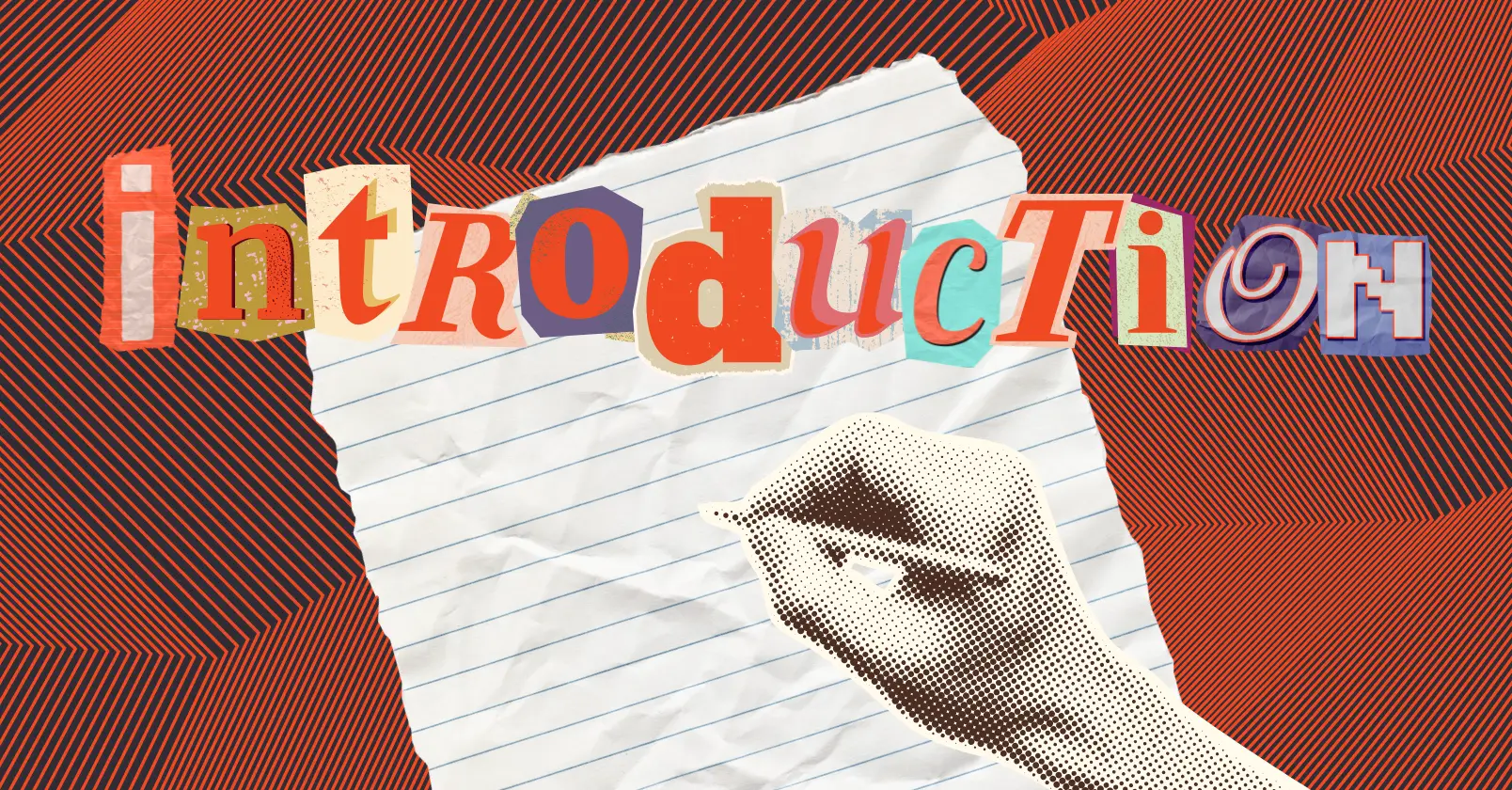The Relevance of Introversion in Leadership – What does it take to be a good prostitute? OK, settle down, maybe I do not know (and if I did, I grew up before Facebook, so there would be no records – ha ha!). But, I am a Keynote Speaker, and presenting is all about giving to your audience, satisfying their need, pretending you enjoy it and getting paid.
Spot the difference.
Kitty Flanagan who is hosting the Opening Night Comedy Allstars Supershow comments in The Herald Sun that her sole job is making sure everyone ‘has a good time’. It may sound far from the corporate whirl. In corporate scenarios, you may not need to have a good time, but you do need to at least ‘engage’. The skills are not dissimilar: listening, knowing what is going on in the room and playing the energy. There is no point being there if no one is listening.
One thing I have never heard a performer (or lady/man of the night – not that I have spoken to many lately, so my research methodology on that front may not be strong) say, is that he/she is an introvert. Yet, I hear it repeated over and over from leaders with regard to their face to face engagement.
In fact, when leadership coaching clients look both ways over their shoulder behind them, come closer and whisper in my ear softly that they are an introvert, I tend to answer, “AND I DON’T CARE”, which funnily enough rather shocks them
Here are the facts:
Introverts and extroverts make great presenters
So, what exactly is an introvert?
No, they are not necessarily the shy recoiling person in the corner. A clever introvert makes choices about turning up to the party. If they do turn up, the smart introvert will engage.
You see, an introvert is someone who needs to reflect within themselves in order to source their energy, and groups may de-energise them, but that does not give them any real excuse for being a social outcast. They have the same skills as everyone else.
In contrast, an extrovert loves to bounce ideas off the people around them. They do things like mention prostitutes just for fun (oops, that was a give away).
If we consider the Myers Briggs definitions of personality types (in which I qualified – in case you are looking for credibility after my extreme extroversion outbursts), an introvert will think before they speak, whereas an extrovert may be more random and blurt out their latest thought – sometimes to their own detriment.
So, how is any of this relevant to an audience’s/client’s/board’s/listener’s needs?
A cruel observation perhaps, but if you are making your introversion an ‘excuse’, leave the party, get out of the game of communicating and do not enter into leadership.
The reality is that poor communication has NOTHING to do with being an introvert or extrovert. We all talk, walk, breathe, structure and engage. You may not love it, you may need to find energy elsewhere, but you can still do it magnificently. ‘Just do it’, as they say at Nike
Dr Louise Mahler




